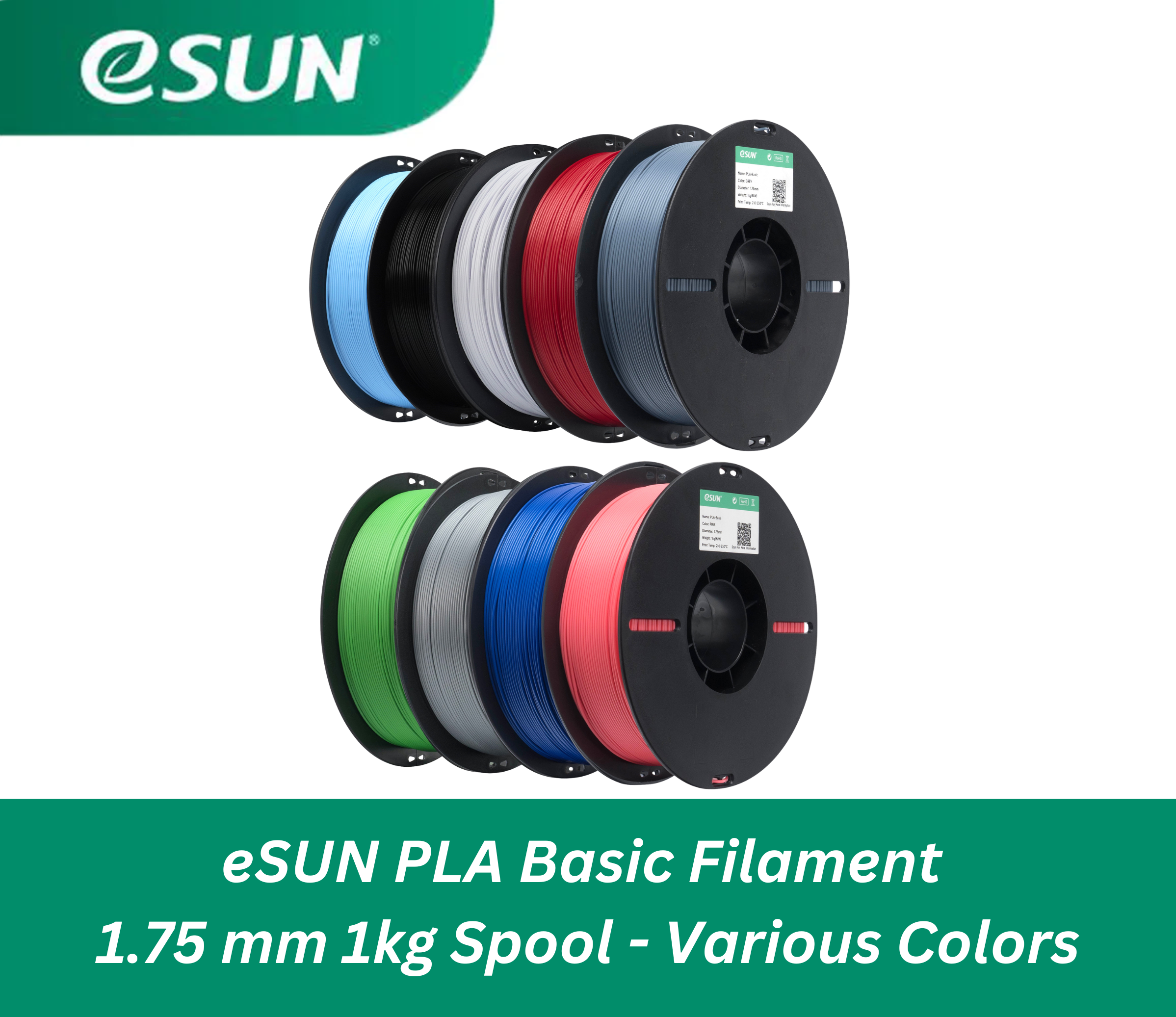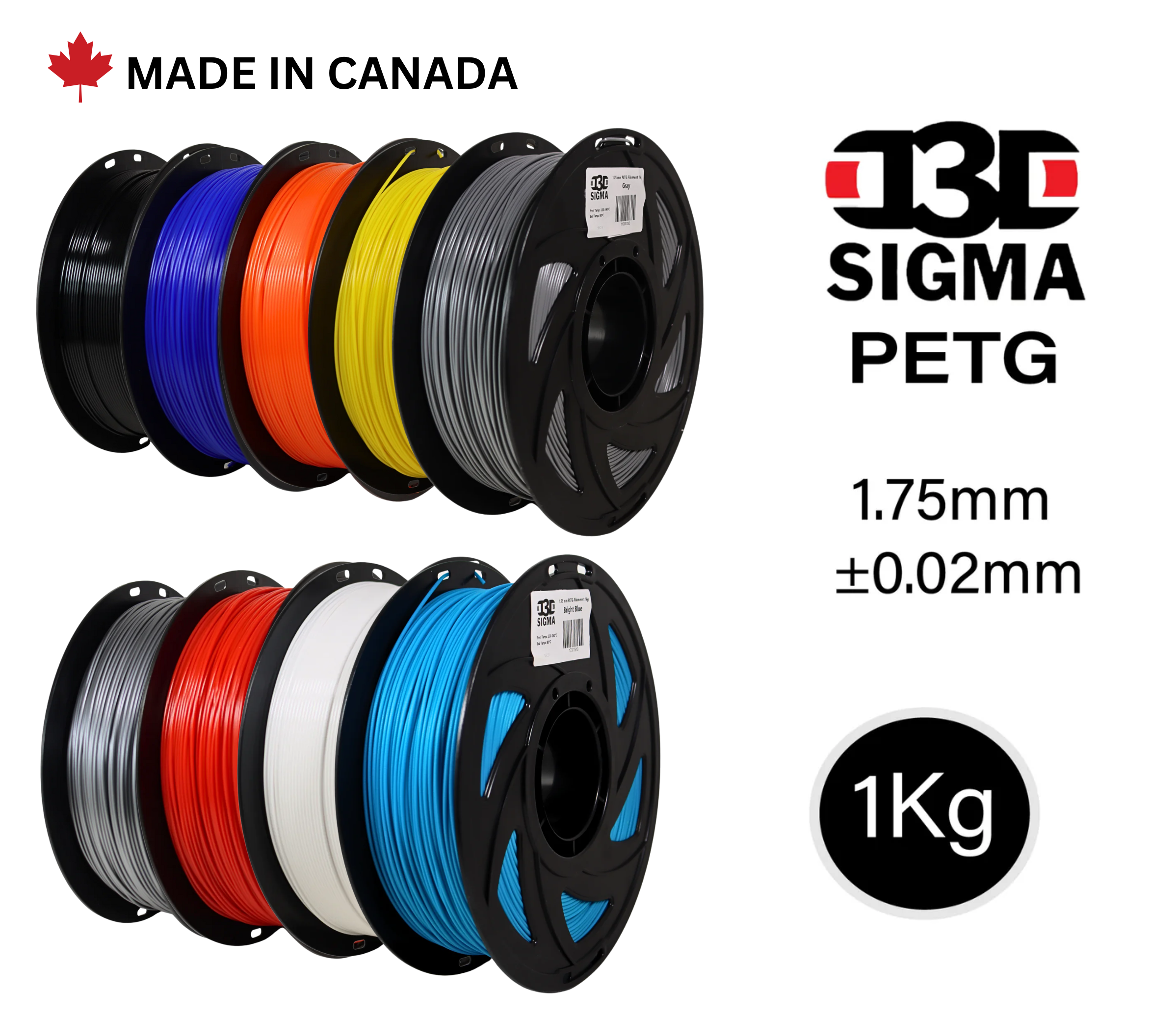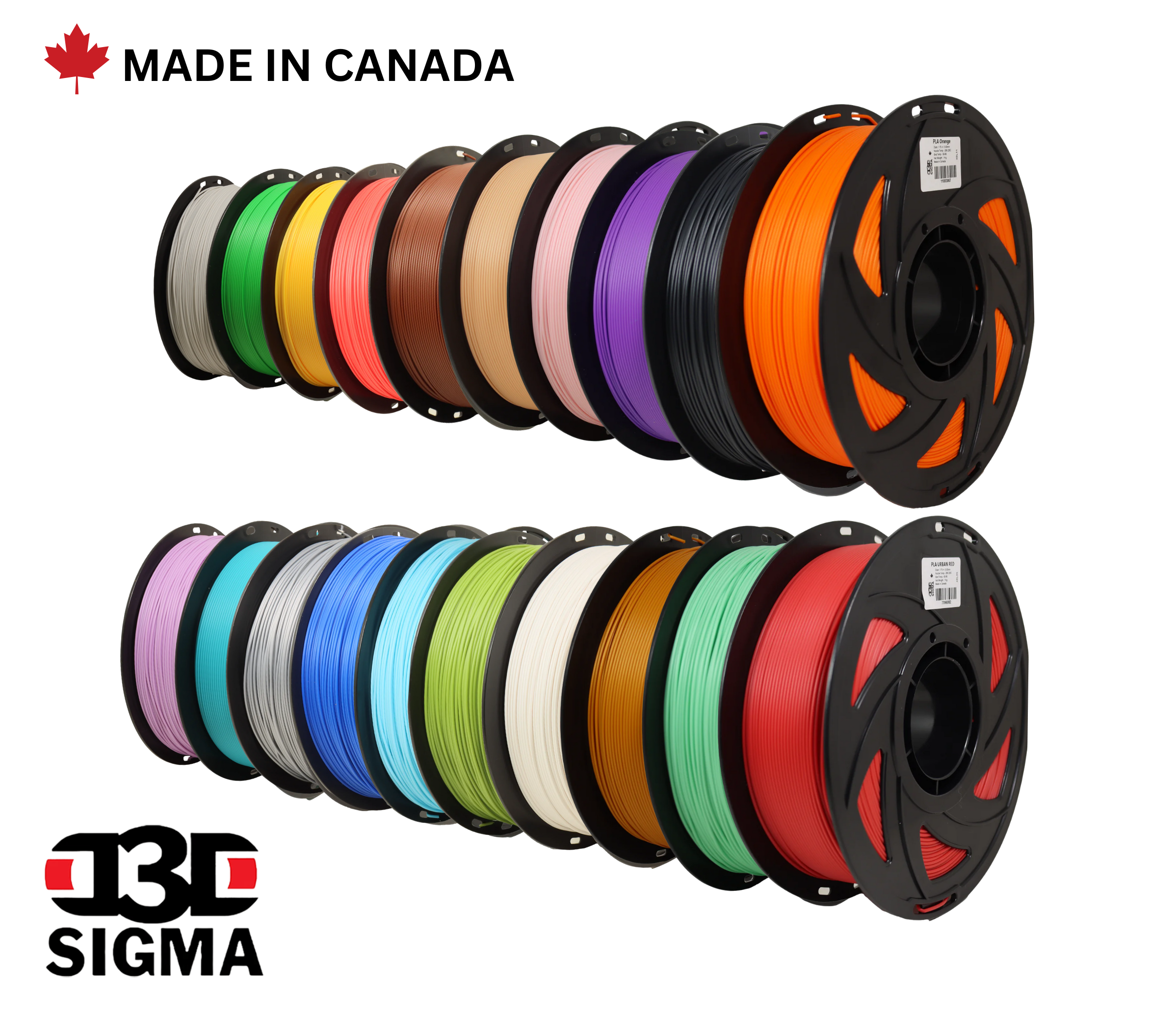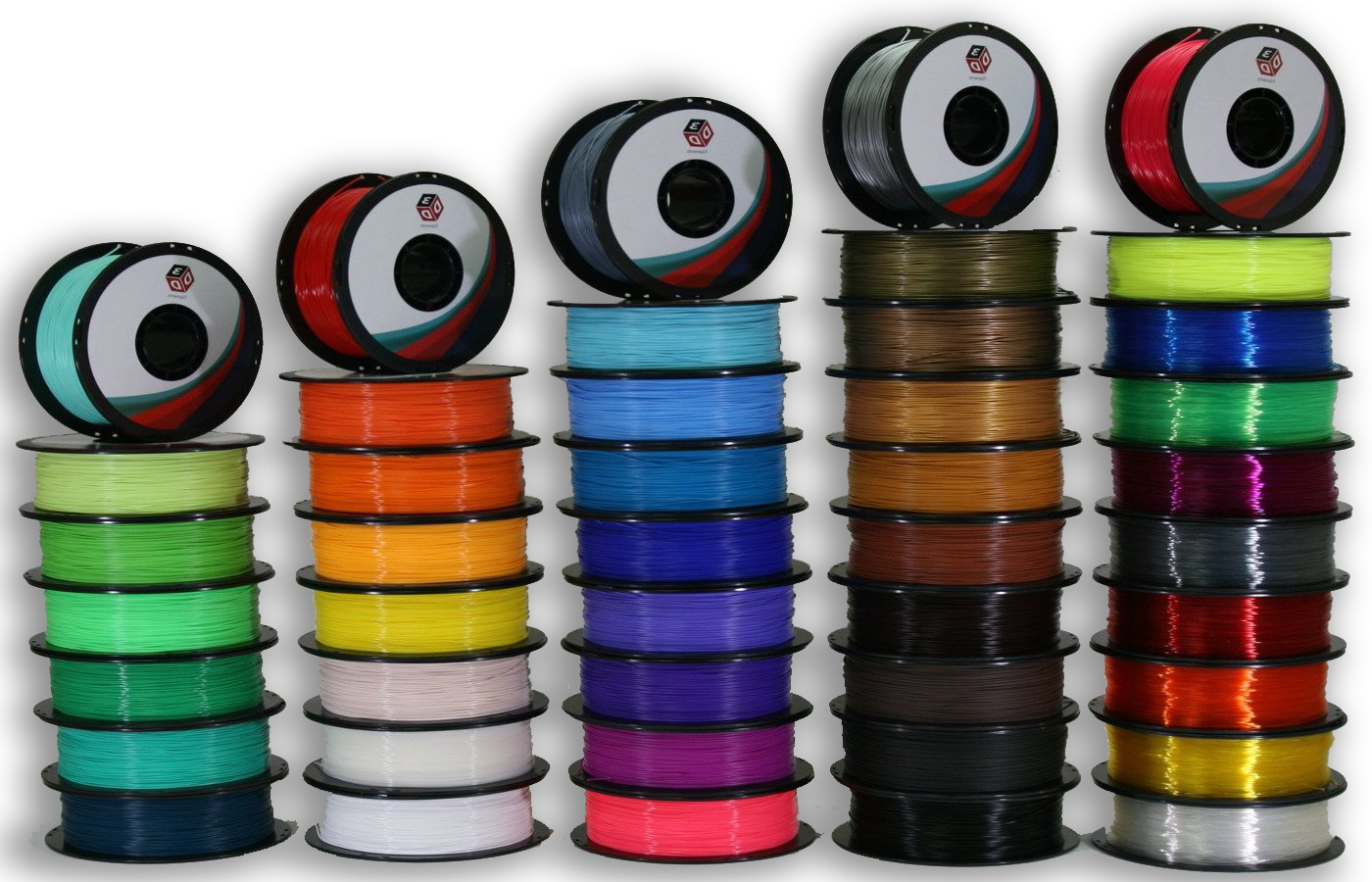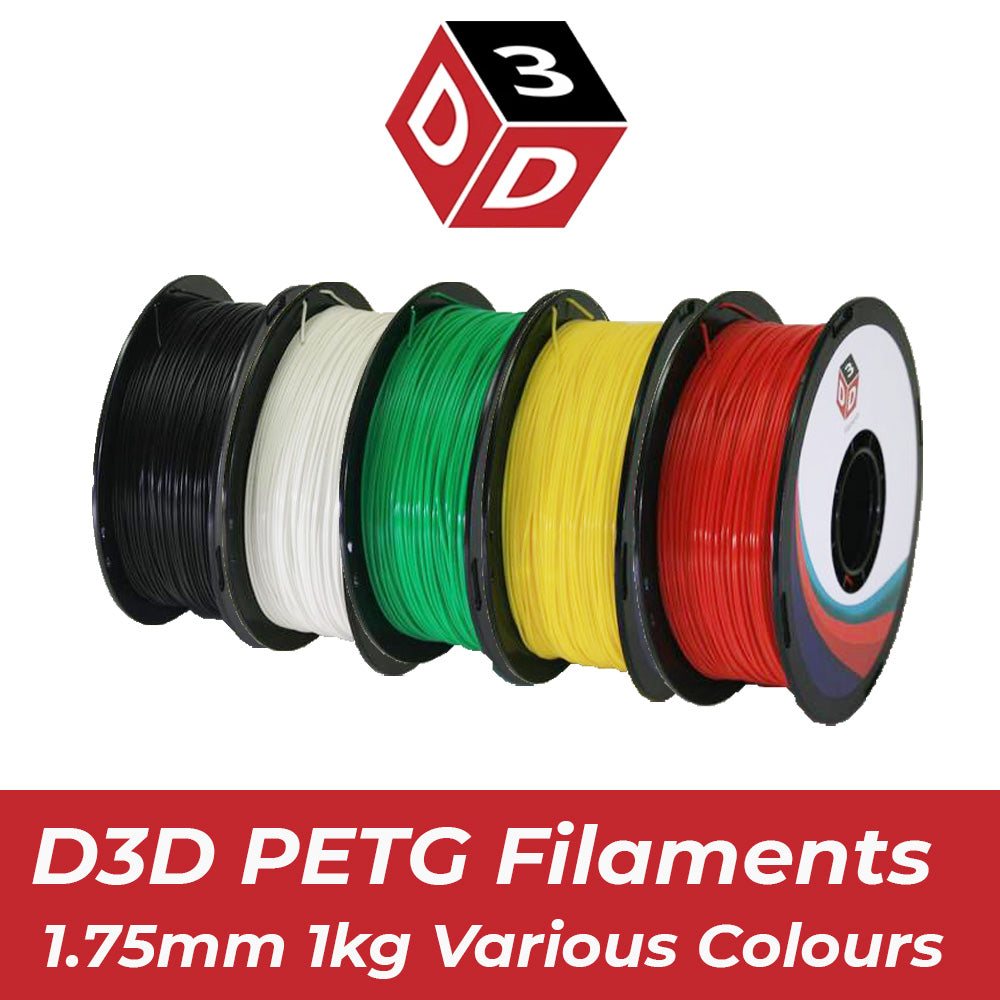The world of 3D printing is expanding rapidly, and with it comes a new generation of materials that are stronger, tougher, and more heat-resistant than ever before. While printing with basic filaments like PLA or PETG is straightforward, stepping into the world of engineering-grade materials such as nylon (PA), polycarbonate (PC), ABS, ASA, and carbon-fiber composites presents a whole new challenge.
These high-performance filaments are incredibly powerful when printed correctly—but they’re also extremely sensitive to humidity and temperature fluctuations. Even a small amount of moisture absorption can cause bubbling, poor layer adhesion, or brittle parts.
That’s where the Bambu Lab AMS HT (High Temp) comes in. Unlike the AMS 2 Pro, which is designed primarily for multi-material and color printing, the AMS HT is engineered with one clear purpose: to store and feed high-temperature, moisture-sensitive filaments under ideal conditions.

🔥 What Does “High Temp” Mean in the AMS HT?
The “High Temp” in AMS HT refers to its ability to store, feed, and handle filaments that require higher environmental stability compared to standard materials like PLA or PETG.
Filaments such as PA (nylon) and PC are hygroscopic, meaning they quickly absorb moisture from the air. Even small amounts of moisture can cause:
-
Stringing and bubbling in prints
-
Weak inter-layer adhesion
-
Surface defects
-
Reduced mechanical strength
The AMS HT combats this problem by creating an enclosed, humidity-controlled environment, keeping filaments in optimal condition until the moment they’re used.
⚙️ How the AMS HT Works
The AMS HT combines smart environmental control with precision filament handling:
-
Sealed, Controlled Environment
-
Optimized for Engineering Materials
-
Unlike the AMS 2 Pro, which excels in multi-material and color switching, the AMS HT is built for performance and reliability with tough technical filaments.
-
Handles Nylon (PA), Polycarbonate (PC), ABS, ASA, and composites like PA-CF and PETG-CF.
-
Stable Feeding System
-
Reduces the risk of tangling, slipping, or under-extrusion.
-
Ensures consistent feeding during long prints, which is critical for industrial applications.
-
Integrated with the H2D Printer
-
When paired with the Bambu Lab H2D, the AMS HT completes a professional-grade ecosystem for engineers, designers, and businesses needing functional, durable parts.
📊 AMS HT vs AMS 2 Pro: Different Tools for Different Jobs
| Feature |
AMS HT |
AMS 2 Pro |
| Primary Use |
High-temp engineering filaments (Nylon, PC, ABS, ASA, CF composites) |
Multi-color, multi-material printing (PLA, PETG, TPU, supports) |
| Humidity Control |
Advanced, designed for hygroscopic materials |
Standard, designed for general-purpose use |
| Best Pairing |
H2D or other high-performance setups |
P1S, X1 Carbon for creative or multi-material prints |
| Target User |
Professionals, engineers, industrial users |
Makers, hobbyists, designers |
🏆 Why the AMS HT is a Game-Changer
If you’ve ever tried printing with nylon or polycarbonate using standard material handling, you know the frustration—poor print quality, brittle results, and wasted spools.
The AMS HT eliminates those issues by giving your filaments the right environment to perform at their best. When combined with the H2D, it unlocks a level of reliability and consistency that makes engineering-grade printing truly accessible.

